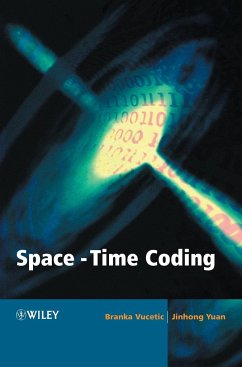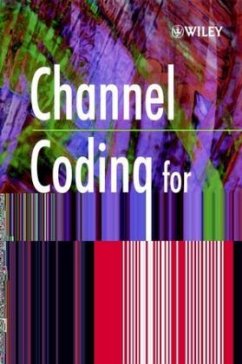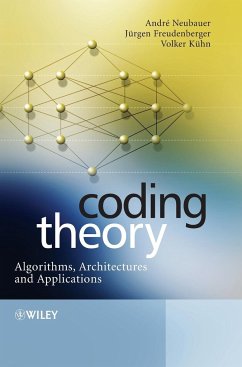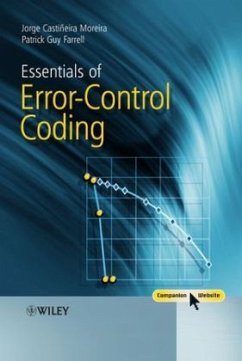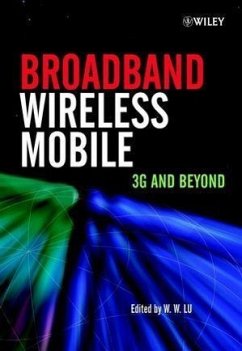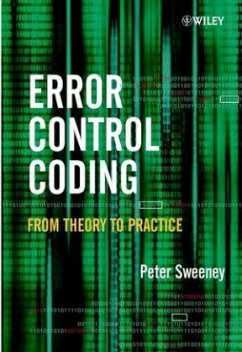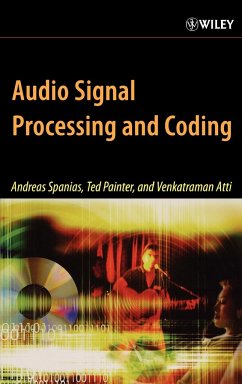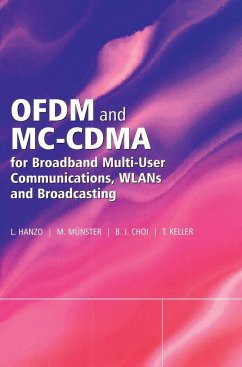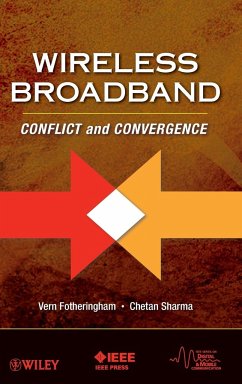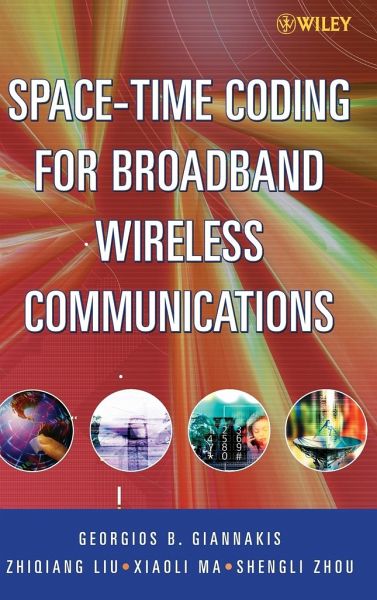
Space-Time Coding for Broadband Wireless Communications

PAYBACK Punkte
65 °P sammeln!
Eine vielversprechende Technologie zur Maximierung der Bandbreiteneffizienz in der breitbandigen drahtlosen Kommunikation ist die Raum-Zeit-Kodierung. Theorie und Praxis verbindend, ist dieses Buch die erste umfassende Diskussion von Grundlagen und designorientierten Aspekten von Raum-Zeit-Codes. Single-Carrier und Multi-Carrier-Übertragungen für Einzel- und Mehrnutzerkommunikation werden behandelt. One of the most promising techniques for ensuring bandwidth efficiency is space-time coding, and this is the first book on space-time coding for wireless communications - Describes theoretical principles as well as engineering applications - Discusses key criteria in the design of practical space-time codes - Covers single-carrier and multi-carrier transmission for both single- and multi-user communications.



